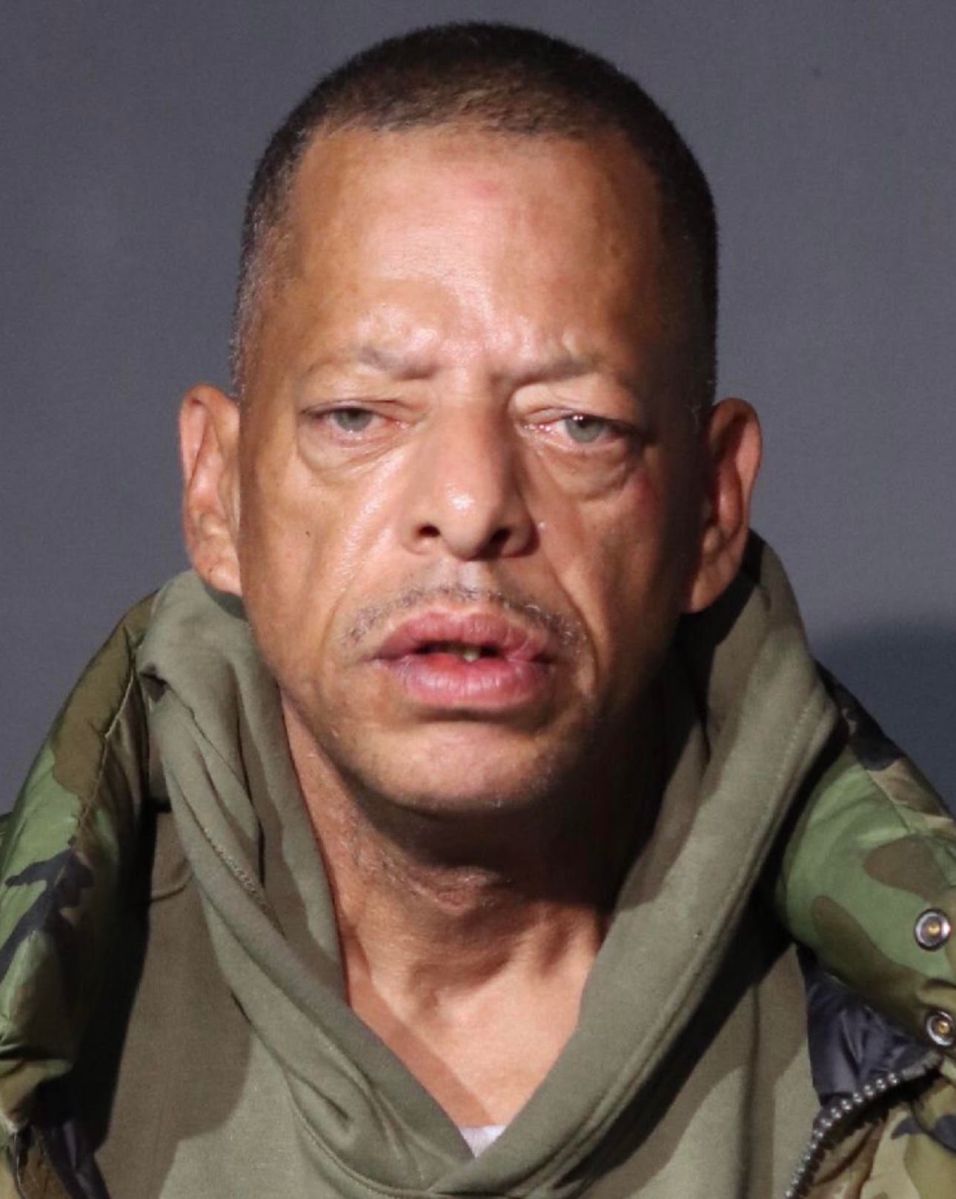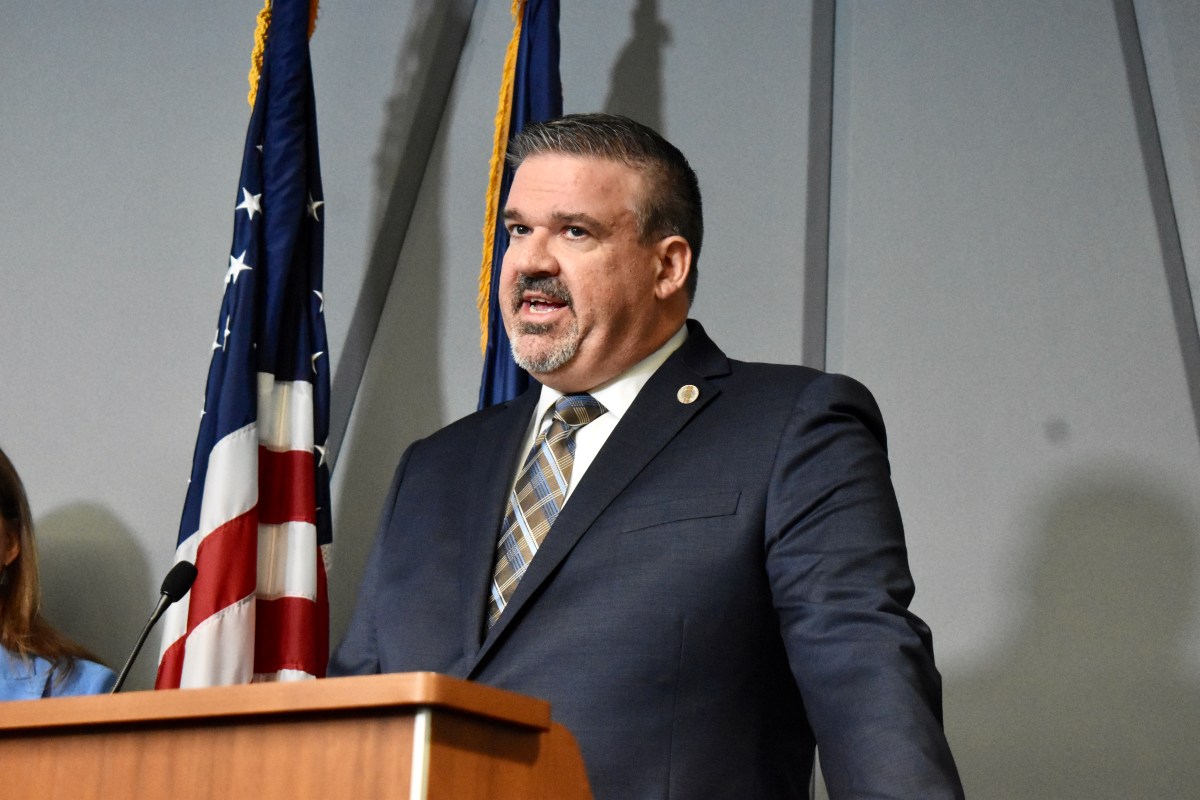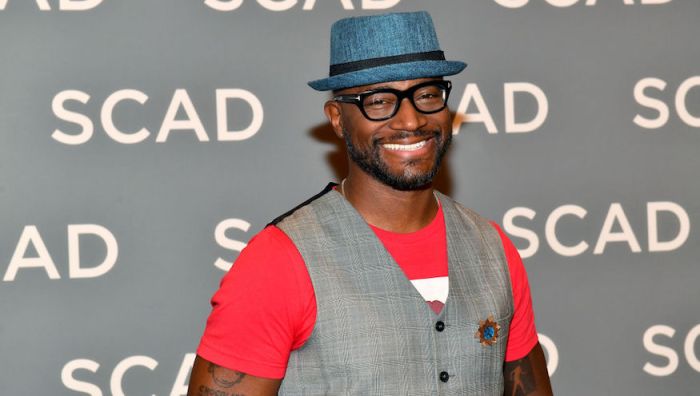At 28, Naomie Charles has been homeless, in and out of shelters, in jail, and in more than one abusive relationship. The Dorchester native has struggled, but on Tuesday she was honored for her recent success: Charles is starting college in the fall. Charles and about 50 other students donned caps and gowns for College Bound Dorchester’s matriculation ceremony at the Boston Public Schools Roxbury office Tuesday night. College Bound Dorchester is a nonprofit that supports those who have dropped out of school and may have spent time in jail or in gangs by helping them to get into and through schools like Roxbury Community College or Bunker Hill. The annual matriculation honors everyone from the program who is now enrolled in college, whether they’re starting their first semester in September, like Charles, or they’ve been taking college classes since January, like 24-year-old Giovanne Morris. “For the majority of these young people, college was never something anybody in their family thought of, or thought they would ever do, so we want to recognize the huge step they’re making,” said Mark Culliton, CEO of College Bound Dorchester. Both Charles and Morris were referred to College Bound at difficult times in their lives. Charles was in a homeless shelter, pregnant with her second child, when her housing worker suggested she try to go back to school. She had tried many times before. In high school, she had her grade 12 credits but her math MCAS test scores kept her from graduating. She had started a GED program while staying at a different shelter but stopped to focus on getting housing. With the help of College Bound, she starts at Roxbury Community College in the fall. She couldn’t have done it without her advisor, child care, and housing worker from College Bound, she said.
“You have a college advisor who stays with you until you finish college with a degree,” she said. “That’s something I never had, period, in my life. I never had 100 percent support, and College Bound gave me that.” Morris first heard of College Bound when he was taking math and English classes while in South Bay House of Correction—he was first arrested at age 11 for stealing a bike from a Toys R Us and had been in and out of institutions since. Now, he’s in his second semester at Bunker Hill Community College, where he’s studying human services. He wants to be a guidance counselor. “I feel like I could connect with youths and show them the importance of sticking with your goals, of sticking with education,” Morris said. “Education can open doors for a lot of things.”
If it weren’t for College Bound, Morris said he would probably be back in jail.
“Everytime I tried to quit [school], they were right there telling me to keep going. I didn’t have anyone do that before,” he said. “I never paid much attention to what was ahead of me. I was always living for the moment. Now I’m looking ahead of me and there’s something promising. That’s different.” Morris shared his story at the matriculation Tuesday night, where Boston Public Schools superintendent Tommy Chang and Mayor Marty Walsh offered congratulations to the students.
“As your Mayor, I am proud of you. Your teachers and advisers are proud of you. And your entire city is proud of you,” Walsh said. “I’m someone who believes in second chances, and College Bound is a place that believes in second chances. Here you have people who believe in you—who have always believed in you, even when you didn’t believe in yourself.” For Culliton, the matriculation is about more than just sending the students off to college. It’s proof that his organization is succeeding for both these individuals and the whole community.
Although it may be expensive—College Bound works closely with the city but relies mostly on privately raised funds to provide students with personal advisors, free college prep courses, childcare, and more—Culliton knows that it’s worth it in the long run. “One of the most powerful numbers [to show this] is if you move a young person who’s sort of disengaged and hanging out on the corner and get them into college, there’s a net economic benefit to the Commonwealth of half a million dollars for each student,” Culliton said. “These are people who were costing money, using resources and not paying taxes. Get them off the corner and they’re making money, paying taxes and using less services.” And they’re encouraging others to join the program as well. Charles said she already influenced friends who got involved with shoplifting to try it out. For Morris, he’s become something of an example in his community. “Guys around my neighborhood, they see what I’m doing now and they don’t talkdown [about it],” he said. “They see it’s actually real and they respect it. I’m just getting a lot of different attention, positive attention, and a lot of motivation and support—more than I ever used to have.”





















